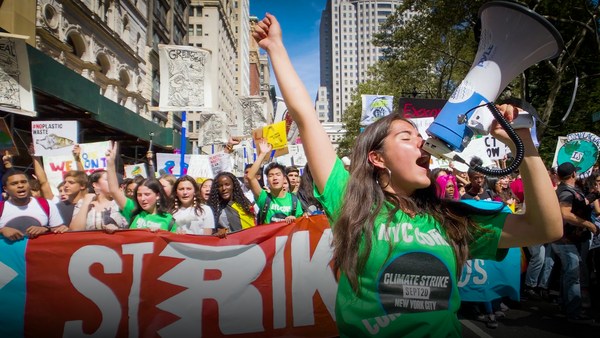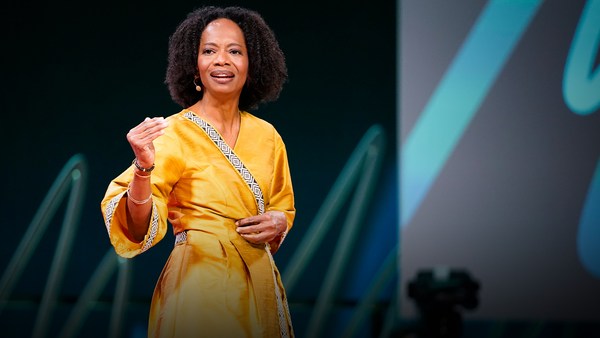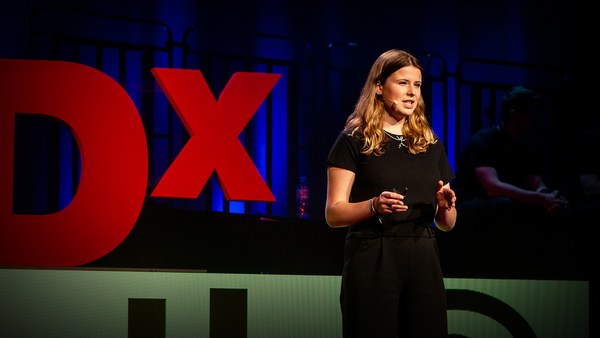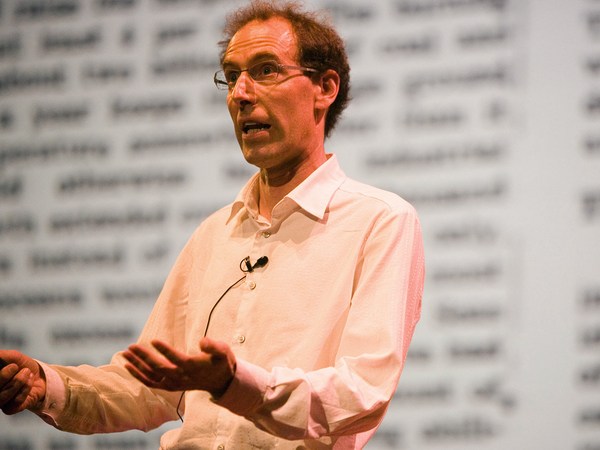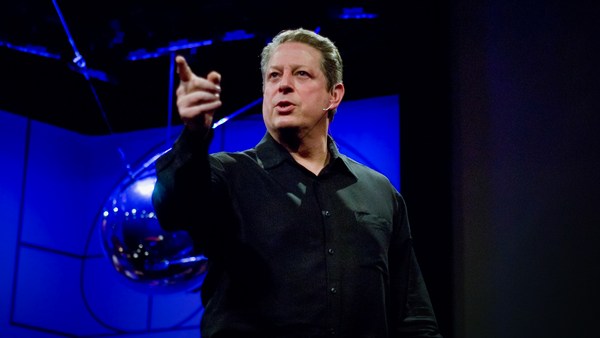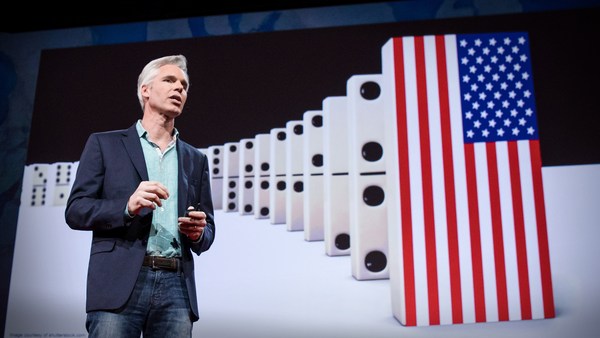Imagine walking five kilometers to school every day, under the scorching sun, no trees, no shed in sight, writing final exams outside in the dry, sweltering heat, and still being expected to pass with flying colors. And then after school, or sometimes before, or sometimes both, trekking four hours to the nearest water source, standing in long queues just to get a few drops from a drying well. This is the daily life of myself and over thousands of schoolchildren in my city alone. And the life of millions of children all across Africa and around the globe.
Climate change is making our lives harder, sometimes unbearably so. The injustice, however, is that climate change is mostly caused by adults in developed nations. And yet it mostly hurts children in developing countries, especially when you think about our dwindling future. We are the ones with the most at stake, which is why we need to have a seat at the table for fighting for climate justice solutions.
My name is Nkosilathi Nyathi, I'm UNICEF Youth Climate Advocate and a proud Zimbabwean. I live in a town called Victoria Falls, which is home to one of the seven wonders of the world. Here we call it Mosi-oa-Tunya, and this is Tonga for “the smoke that thunders.” I grew up in Chinotimba Township, a poor part of our region, where many are struggling. But as a child, I noticed on top of existing economic challenges, we started having new challenges caused by environmental impact.
For example, I started noticing the unpredictability and uncertainty of weather patterns. Sometimes we're going to have excessive rains and floods that could wash away our top soil, which we depend on for agriculture. The water would drown our animals, destroy our farmers’ hard-earned crops right before the harvest. And then sometimes, the weather patterns were the opposite. We would experience periods of extreme droughts, no rainfall. The land dry and cracking, our crops were ruined, and our animals died then, too.
In 2017, we were warned by the local government not to go to school because Cyclone Dineo was to hit my region. I read my books in fear that day. From that one tropical storm alone, 20,000 homes were destroyed, and 130,000 people were displaced in Zimbabwe and Mozambique. I asked myself: What crime has my generation committed to deserve this?
Then, just two years later, Cyclone Idai hit, devastating the eastern part of my country. It claimed over 1,000 lives, affecting another three million in the region. Schools and homes were destroyed. Over 9,000 students had their schooling disrupted. What wrong have we done to deserve this? It's hard to be a child no matter what, but especially hard to have your childhood torn apart by climate disaster after climate disaster, and wonder what the future holds.
The present is already such a struggle. Why continue fighting if the future will bring more destruction? This is a crisis my generation faces, and this is why I became an activist to fight to even have a future.
I decided to ask the questions most people my age were not asking. Why is this happening, or who is to blame, and what is to blame? Is there anything we can do to stop it? To stop the interruptions to our schooling, to our livelihoods, to stop the fear we have for the future.
Since I was 10, I started to recognize all these changes. I became passionate about climate change and the environment. I joined environmental club since grade five and I'm currently the president of the environmental club at my school, Inyathi High School. When I was 12, I led the initiation of a functional biogas plant. I learned that if we composted food scraps in a special container, they would break down and provide natural gas that could be tabbed on into a stove to cook on. The project is the first of its kind in Victoria Falls, and other people have also implemented the initiative in their home states. Now students can learn about something which they can see in their premises. It does not only reuse our food and kitchen waste in a sustainable way, but it means we don't need to rely on burning fossil fuels or wood for energy. And in a place like Zimbabwe, where we have a terrible fuel and power crisis, this helped us survive.
From the dusty grounds of my native land to the blinding lights of Madrid and Milan, my activism has led me to major climate change events representing the voices of young people demanding change. But every time I hear the climate activists speak on a podium, they would point out how we, young people, are not included in decision making process. Something I noted myself back home in Zimbabwe, where there are more opportunities for young people to join events and speak to important decision makers. Now it is the right time to truly and meaningfully listen to our ideas and include us in these decisions.
I tell you, my concerned generation has more to offer than ever before. This is because we live climate change in a way our parents' generation did not. Think of someone in a remote and marginalized place who can't afford an umbrella, but has to walk to school in the rain and is expected to pass and excel.
Climate change is a child right crisis. It is also children in remote areas in developing countries who have contributed less to the brink of this catastrophe. Teach us more about climate change as we live it. Include it in our subjects, in our school curriculums at all levels. If we as a generation are more informed, we will have more to offer in this crucial period in humanity to solve the climate crisis. It will be upon us.
When I was 15, Victoria Falls suffered its greatest drought in a century. The mighty waters became, almost overnight, barely a trickle beyond just the usual seasonal changes. At the same time this was happening, more water shortages were befalling all of Africa, and 45 million of my fellow Africans were suffering food insecurity because of crop failures. These kinds of tragedies should never happen. Not once during childhood. Not ever. They cannot be what looms on our horizon.
We can fight, we can heal our planet with accountable, responsible solutions, but only if we include young people who have the most at stake. Because thankfully, the waterfall still rains down. But we, young people are the Mosi-oa-Tunya. We are “the smoke that thunders.”
